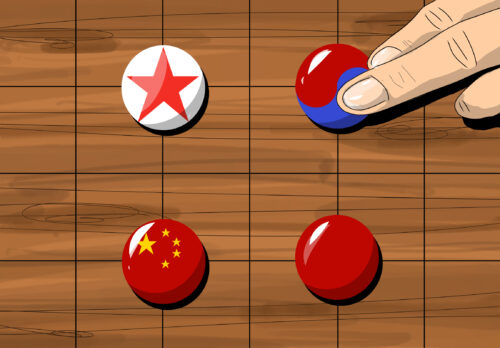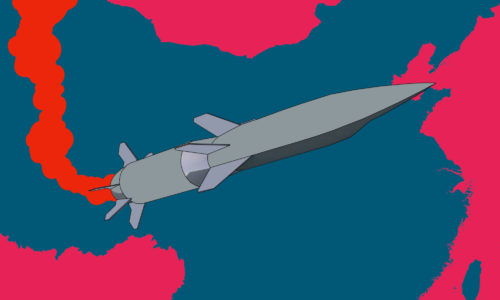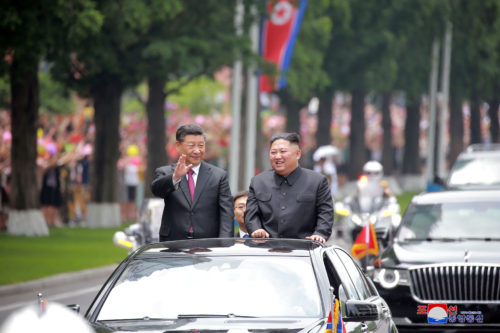Unilever falls for the 2.6 billion armpit delusion


“The first time for many years that I was in a crowd of non-Chinese was in the New York subway, and at once I was conscious of the presence of that overpowering body odor, which, according to the advertisements, wrecks romance, prevents happy marriages, and proves an insuperable handicap to business success.”
That sentence is from Carl Crow’s 1937 best seller on doing business in China, 400 Million Customers. He writes about the rarity of Chinese body odor in the context of explaining why foreign soap companies so often failed in China in the 1920s and 1930s.
Someone at Unilever, the multinational consumer goods company, should have read Crow’s book: “Unilever brought its Rexona deodorant to China a decade ago, dreaming of a market with 2.6 billion armpits,” reports (paywall) the New York Times. You know how this ends…
- “Cultural differences and simple biology — scientists have shown that many East Asian people don’t have Westerners’ body odor issues” led to disappointing sales, which “totaled only a fraction of the Chinese marketing budget for Rexona.”
- Tampons have also been a failure for multinational companies in China. The Times says that “most Chinese women use sanitary pads,” and that Procter & Gamble “gave up on” its Tampax brand in China in 2000, “though it relaunched the brand last year.”
- Here is a brief introduction to Carl Crow by author Paul French, together with an excerpt from the book. Money shot: “If you only ever buy one book on business in China then this is the one.”
- Get the book on Amazon.
Farmers and the No. 1 Document
Xinhua News Agency reports that the government has released its “No. 1 Central Document” for 2018 — the “first policy statement of the year” from the Party and State Council, which “is seen as an indicator of policy priorities.”
For our analysis, please click through to our members site, or join The China Project Access now.
Anxious in Beijing — fears of war with North Korea
“We are on the path to war with North Korea. It isn’t a certain thing. But we are on the path. My question is this: When do I leave?”
I read this posting on the social media account of an acquaintance of mine who lives in Beijing and works as a journalist. He is sane and not given to tin foil hats and panic, and this was a genuine question.
To read more, please click through to our members site, or join The China Project Access now.
China: Medical tourism destination?
“I foresee that within the next few years, patients from the West will actually start coming to China to receive treatments.” So says
Michael Donovan, who has a master’s degree in biomedical engineering from Hunan University, and founded a biotech company in Changsha. Here’s a
fascinating Q&A with him on the website Tomorrow Edition.






